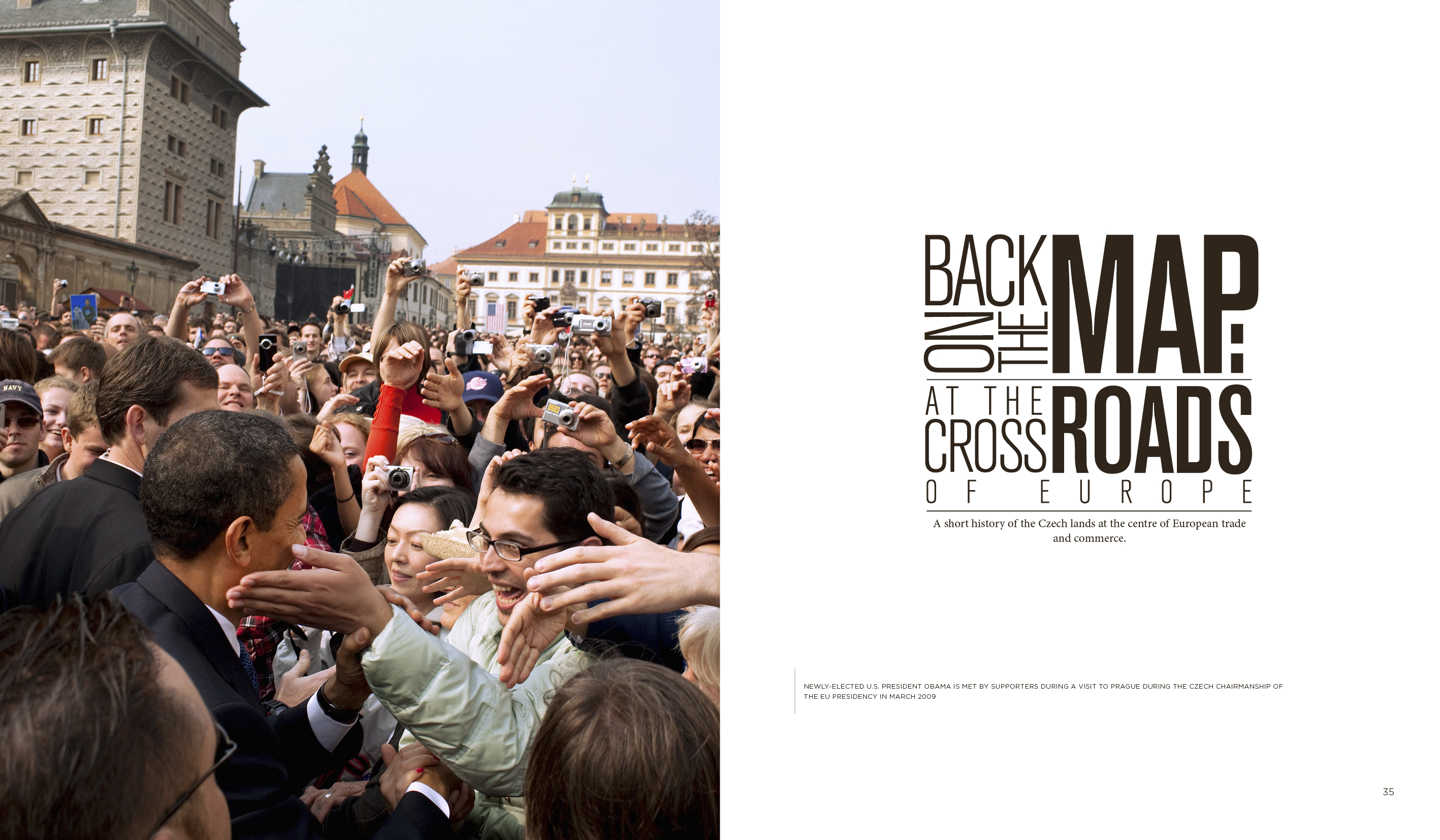
I finished Roberto Bolano’s 2666 last night and felt the same disorienting feeling as after stumbling out of a David Lynch movie. This is the first Bolano I’ve read, but I get the distinct impression from reviews (for example, Jonathan Lethem’s, which also makes the Lynch comparison) that if Bolano books were Lynch movies, 2666 would be Lost Highway: expansive, shape-shifting, baffling and, at times, really scary. (Bolano’s last novel The Savage Detectives, meanwhile, sounds like Mullholand Drive– i.e., striking a more accessible balance between outre and grounded. But, I haven’t read it, so whatever…)
The book is made up of five separate novellas that are loosely intertwined and have blunt, descriptive names– ‘The Part About The Critics’, ‘The Part About the Crimes’, etc– that come across both as kind of joke and also as a huge relief, given how non-literal everything else in the book is. One of the most apt comments about I’ve read about 2666 is that it would actually make more sense if you read the five parts in reverse order, especially given that the last section actually happens first in chronological terms. So, yeah, it’s a bit… convoluted.
One weird thing about 2666 is that I can’t ever remember reading a long book that seems so short in immediate hindsight. And it’s not like this is a breezy page-turner or anything: the grueling ‘Part About The Crimes’ is a solid 200-page dossier-like account of dozens of rapes and murders plaguing the fictitious city of Santa Teresa, interspersed with occasional wacked-out digressions involving a Mexican television psychic, a turgid love affair between a cop and sanatorium manager and other curious narrative cul-de-sacs that lead nowhere at all. What makes the book seem so short is that it’s constructed like a paper accordion: viewed from a distance, you only see (or remember, as the case may be) one face, that being the events relating to the story line. Pick it up, though, and it expands into multiple faces, all connected together at the edges but facing off in their own directions. The events that drive the plot of 2666 can be summarized in maybe just 100 words, but are dispersed around countless accounts of characters and events and anecdotes-within-anecdotes that are totally extraneous and fascinating, and can be totally absorbing while you’re with them but then instantly forgettable as soon as you’re abruptly carried away to something else. In this way, the book feels frighteningly like real life, where people’s lives seem grotesquely over-stuffed with detail when viewed up close and then utterly inconsequential when looked at from some distance.
Meanwhile, the only things that seem real in Bolano’s vision are artistry and violence. Like Lynch, he makes a strong case for the essential primacy of horror– this is what is real; everything else people fill their lives with is just inane, civilized whistling-past-the-graveyard. In this sense, the use of anecdotes and digressions seems as clever and complex as the 18th century English literature I studied in college and can barely remember now (uh… Fielding, Sterne… those guys). The more vapid and diverting the digressions are, the more implicated we are as readers for clinging to them in the face of the brutal, toneless Part About The Crimes.
But, putting aside all the lit-crit stuff, the best thing about 2666 is that it’s so well written and has so many inventive, emotive or odd (and sometimes all three at the same time) passages that jerk you up in your seat. A few I dog-eared:
It was raining in the quadrangle, and the quadranglar sky looked like the grimace of a robot or a god made in our own likeness.
Musicians often visited Grete, including an orchestra director who claimed that music was the fourth dimension and whom Halder respected greatly.
He craned his neck towards Reiter and leaned on one elbow and began to whisper and moan imagine scenes of splendor that together formed a chaotic assemblage of dark cubes stacked on top of the other.
That night, as he was working the door at he bar, he amused himself by thinking about a time with two speeds, one very slow, in which the movement of people and objects was lamost impercetible, and the other very fast, in which everything, even inert objects, glittered with speed. The first was called Paradise, the second Hell, and Archiimboldi’s only wish was never to inhabit either.
Lastly: most of 2666 takes place in the fictitious city of Santa Teresa that Bolano apparently based on Juarez (which did, in fact, experience a wave of rape-murder cases that were bunglingly misinvestigated). Between this and Dylan’s ‘Just Like Tom Thumb Blues’, it’s hard to think of a city that’s been more damningly portrayed than Juarez. You even kind of get the same impression from both book and song (nameless dread, weird malaise, so on and so forth). Don’t think I’ll be taking any vacations there soon.
Image: painting by Guiseppe Acimboldo (1527 – 1593, amazingly) whom Bolano’s main character renames himself after.
Also: see Ivan’s post on 2666 at Moonraking.

































